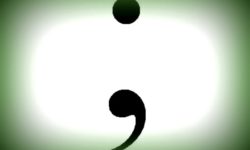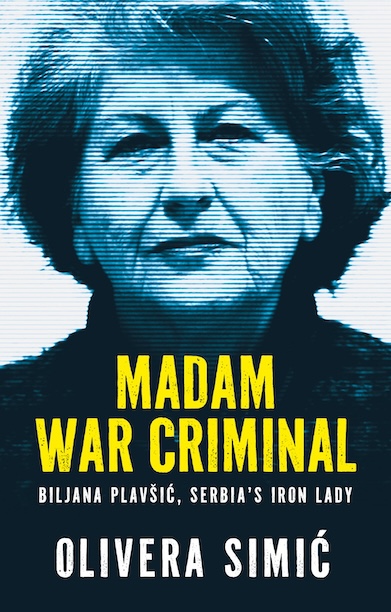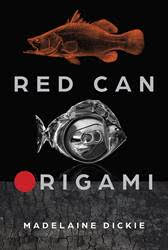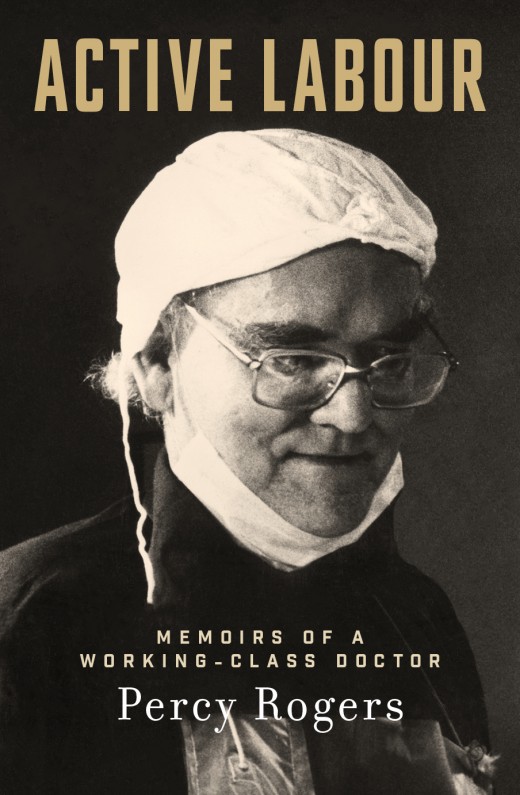
Maybe you are reading this article because the final draft of your thesis or academic book/research paper is ready for submission. You have read, researched, written, reviewed, revised, rewritten and carefully edited every sentence, checking that your arguments and research really get you, logically and clearly, from the aims to the conclusions. Now’s the time to hand it over to […]

Self-editing one’s own writing is an important step in the writing process, but it’s hard to be objective, and there comes a time when engaging a professional editor is worth the financial outlay. Although using an AI writing generator may suit some writing projects such as letters, social media posts, manuals and handbooks, there are drawbacks if your project is […]

Choosing the intimate first-person point of view to write a scholarly book or a fictional narrative is challenging. Point of view (POV) is the perspective from which an author writes a story or presents information. There are three points of view (viewpoints) — the first-person POV (I, we), the second person (you, your), and the third person (he, she, they). […]

To hyphenate or not to hyphenate? That is the question . . . Joining words with hyphens is becoming less frequent as many are now being fused as they become more well known, such as proofreader and girlfriend. However, when two words together modify another word, they are often hyphenated. For example, in the phrase ‘large-scale installation’, the words ‘large’ […]

Whenever I’m reading a novel or editing an unpublished manuscript with heaps of dense descriptive text, it’s always a welcome relief to turn a page and see more white than black, which is usually in the form of dialogue. More importantly, successful dialogue excites most readers because it not only advances the story and fleshes out the characters, but enlivens the […]

Although ‘principle’ and ‘principal’ sound the same, as do ‘past’ and ‘passed’, they are often used incorrectly in a sentence. These two pairs of words are called homophones — two or more words that sound the same (identical pronunciation), but have different meanings and sometimes different spellings. The term homophone comes from Greek ‘homo-’ (same) and ‘-phone’ (sound), so the […]

Many writers are often unsure whether to hyphenate or not to hyphenate a descriptive word combination in a sentence. We all know there are often exceptions to a ‘rule’ in grammar-talk, and many word combos that have required a hyphen to separate them in the past, such as ‘on-line’, ‘stand-alone’ and ‘proof-reader’, are now morphing into one word. When editing […]

These days, according to what I read, there is no doubt that the semicolon is considered old-fashioned and not commonly used in sentence construction. Editors and proofreaders have been known to be severely castigated by authors for adding a semicolon when copy-editing their manuscripts. I don’t use semicolons very often, but there are times when a semicolon is the perfect […]

Linking certain words or phrases in a sentence using a ‘dash’ requires careful consideration. On many occasions I have had to explain the misuse of hyphens to act as parentheses — to enclose a word, phrase, or clause — instead of using brackets or em dashes (as used in this sentence). This misunderstanding of the function of the hyphen, which […]

From mums and dads, aunts and uncles, to queens and kings, princesses and princes—there is often confusion amongst writers: when to capitalise and when not to capitalise these names? When I copyedit or proofread an unpublished manuscript, I am frequently asked questions such as: ‘Why did you change the capitalisation of ‘Dad’ in the sentence to lower case?’ The simplified […]














